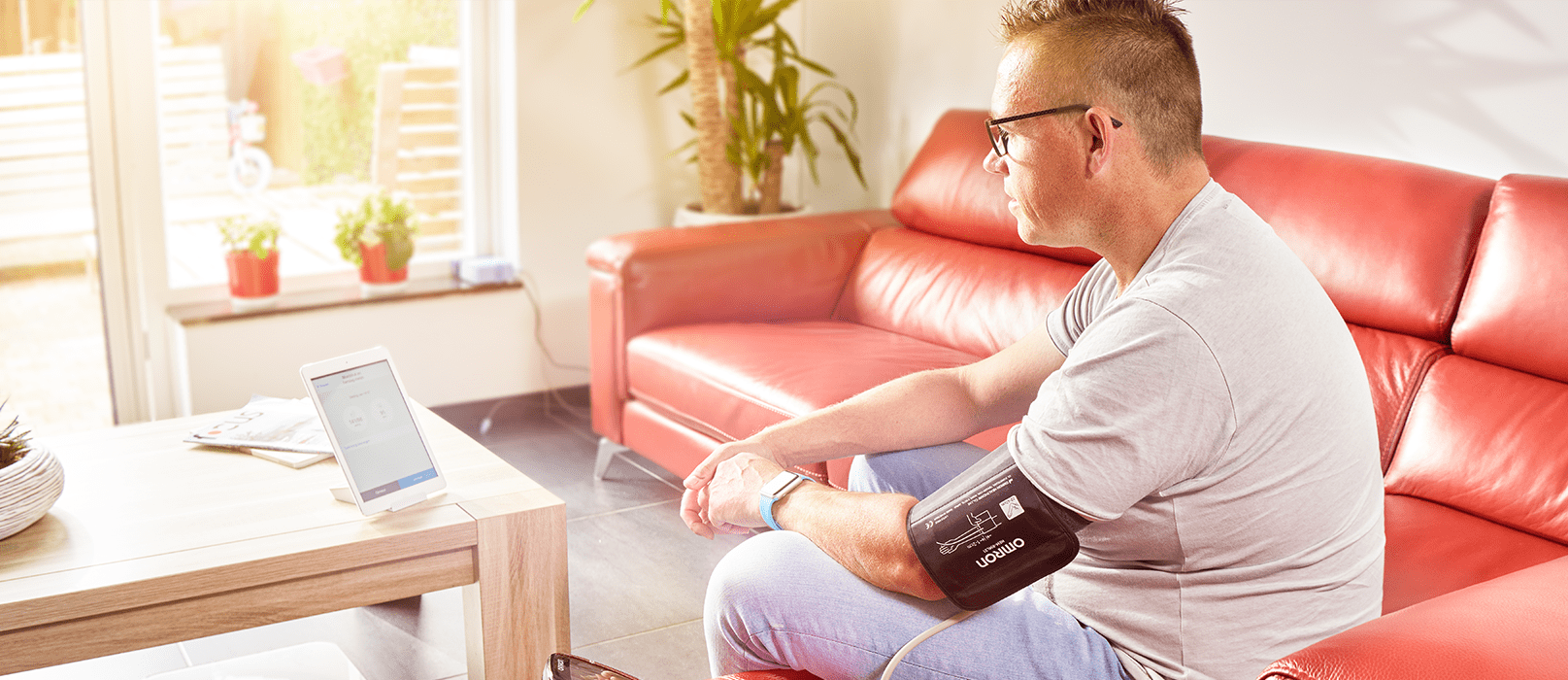
Futurelab for Care
Breeding ground for healthcare innovation
The healthcare market is flooded with new measuring devices, apps, wearables and data sources. But which new technologies are truly valuable for the healthcare sector? In the Futurelab for Care we promote scientific research into and use of the latest innovations from all over the world. We do this together with knowledge institutions, care professionals and patients. A few examples of current projects can be found below.
Validation for wearables, devices, and apps
cVitals research module
In the cVitals research module we examine the impact of a cVitals-program for patients and care professionals. For patients this takes place in a number of areas: quality of life, patient satisfaction, disease burden and the extent to which they can remain in control of their own care.
We also study the impact of cVitals for healthcare organizations. The focus is on the effect of the utilization of healthcare services – number of visits to family doctor or specialist – and the associated costs and revenue. This research module can be started for organizations that offer this service to their patients. The results of the research service serve as input for the further improvement of the healthcare process.
Development of lifecyclealarm
These days, people are living longer and the number of chronic diseases like dementia is increasing rapidly. Older people and their caregivers are looking for smart solutions to help them live at home safely. While the traditional 'red button' alarm remains an effective option, it isn't the best solution for everyone.
While an SOS alarm app is sufficient for relatively healthy people, those who get out and about more often require an alarm with mobile alerting and GPS positioning capabilities. Smart sensors are the perfect solution to help people who require more intensive care live at home longer.
In 2015, we tested different alarms as part of our Futurelab for Care. We're now entering the final phase: alarms that help elderly people in all stages of life live safely and comfortably.
We expect to widely introduce our lifecyclealarm under the name of cAlarm as service in 2016.

